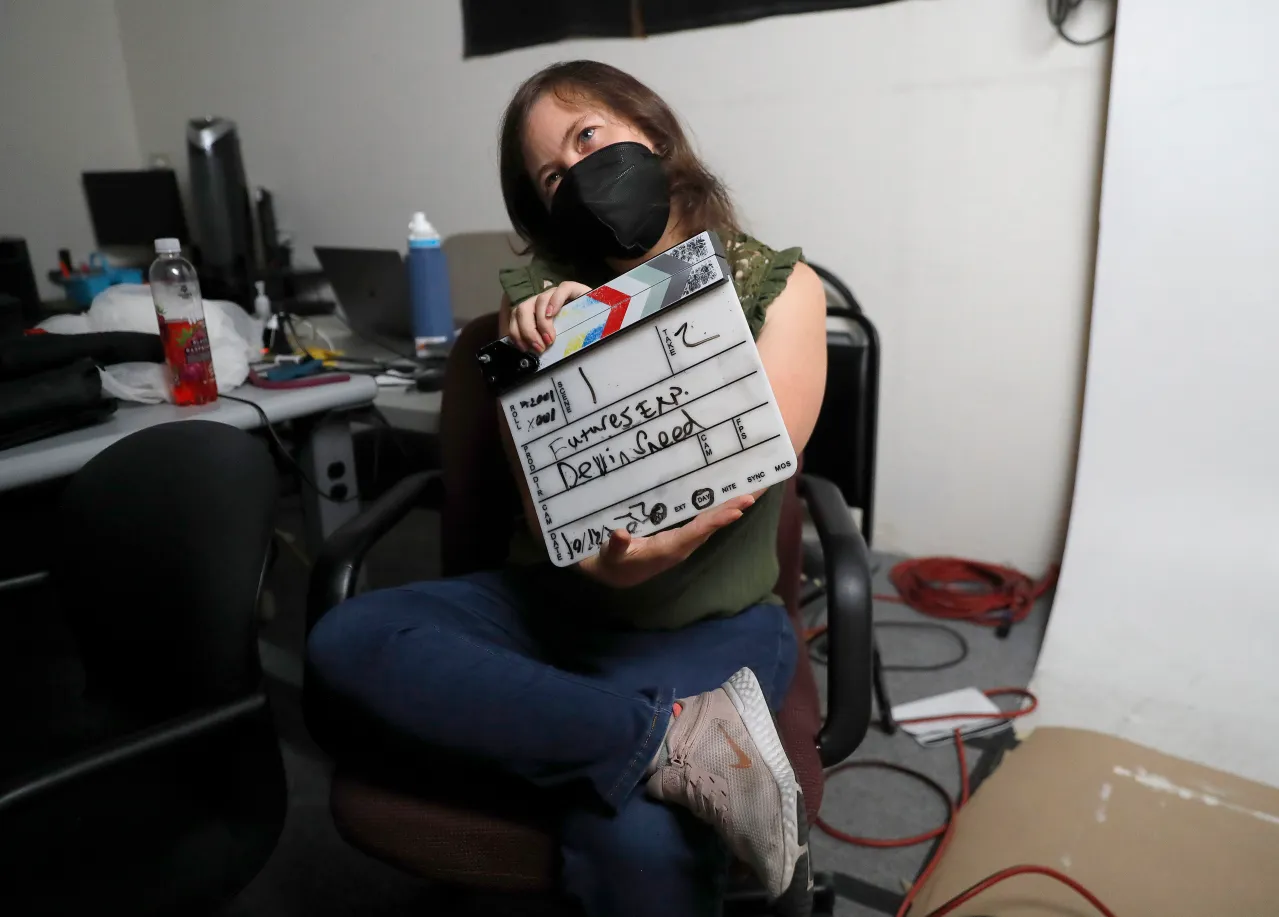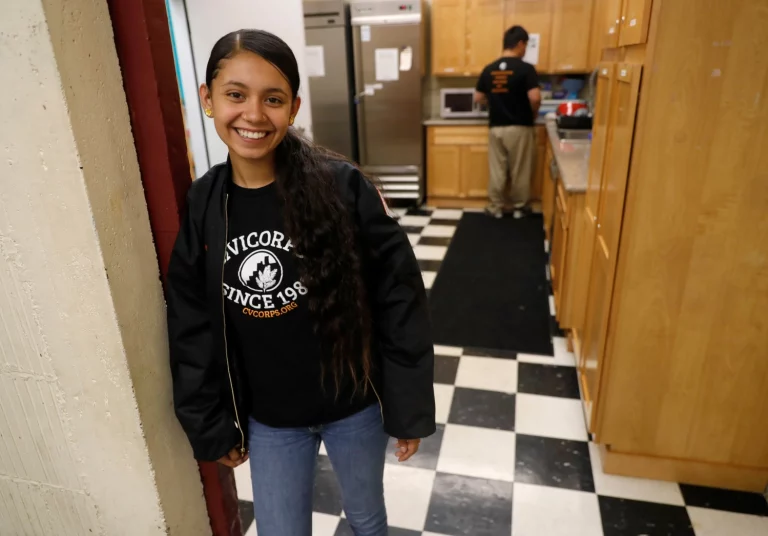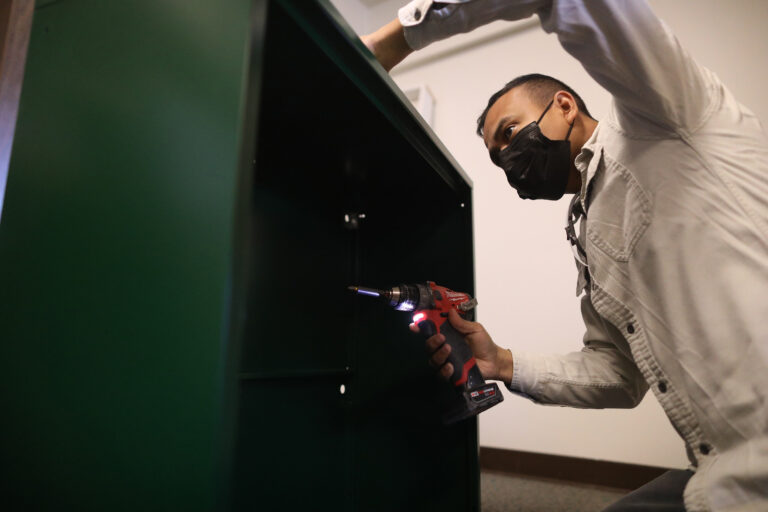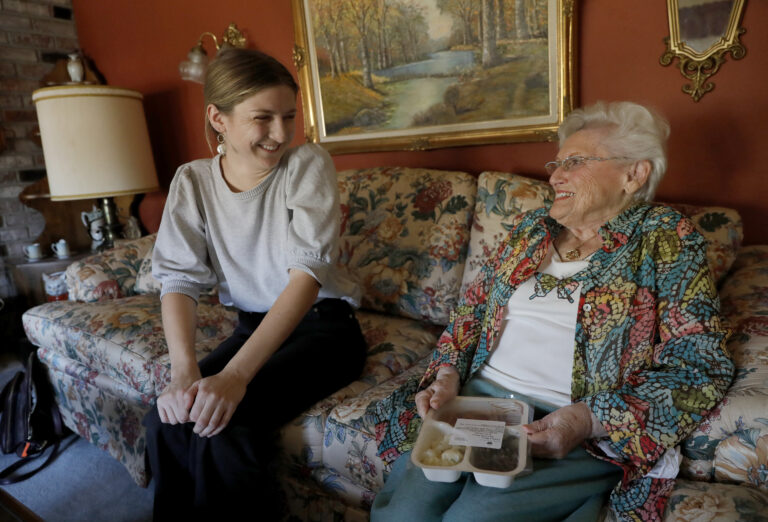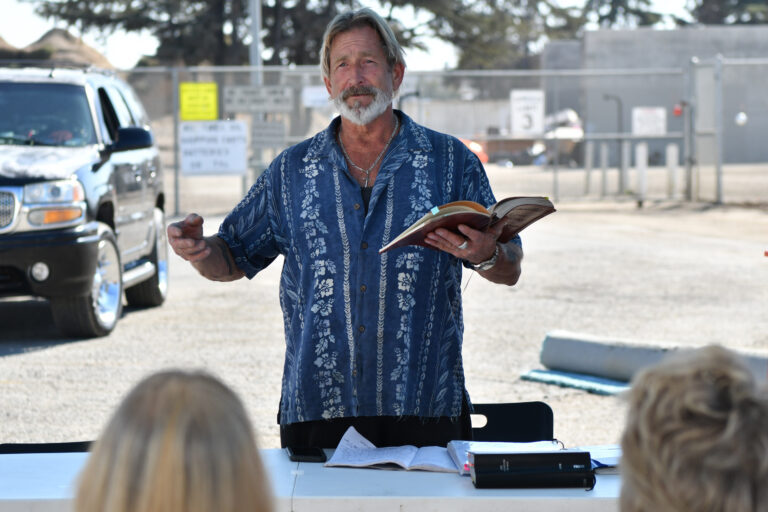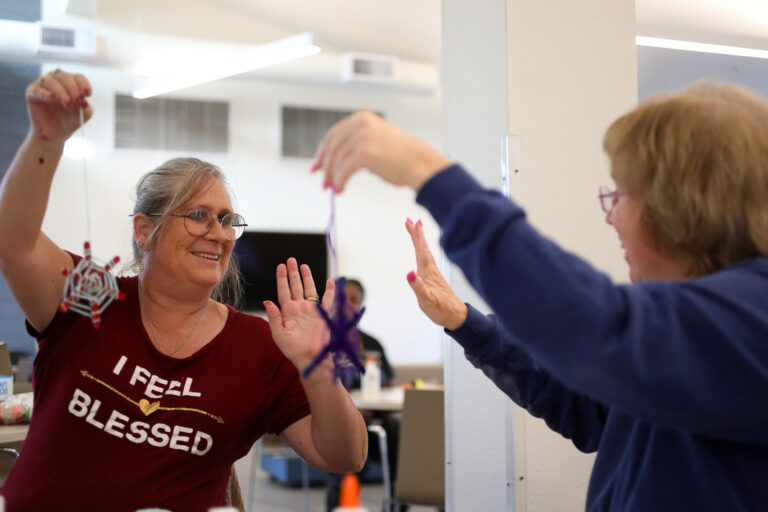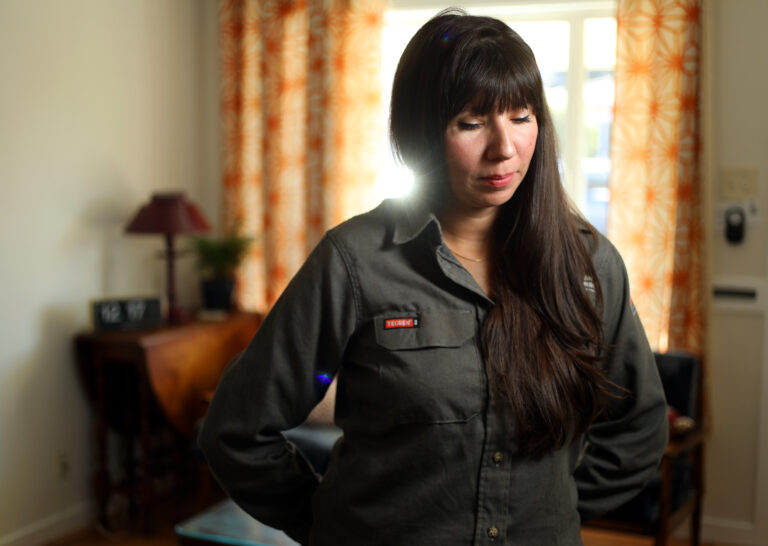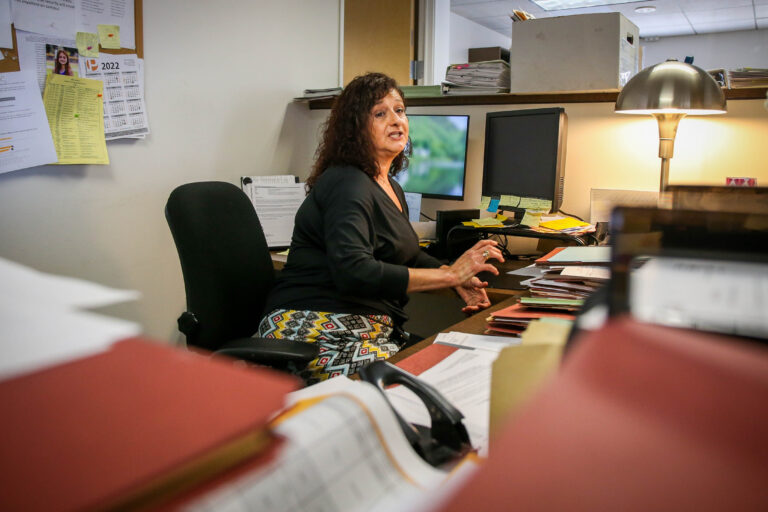“Mork & Mindy” played a big role in igniting Jarod Lyke’s passion for acting.
His grandfather introduced him to the famous ABC sitcom, which made its debut in 1978 — several decades before Lyke was born. He was immediately taken with legendary Bay Area comedian Robin Williams, who played Mork from Ork in the series.
“He was my introduction into, I guess you could say, wacky acting,” says the 22-year-old Crockett native.
Lyke followed up “Mork & Mindy” by watching Williams razzle-dazzle his way through 1995’s “Jumanji” and other films.
“I just loved everything about it,” he says. “I’m like, ‘I want to do that. I want to be like Robin Williams. I don’t know if I can ever live up to that potential. But I will sure try.”
Now Lyke, who is on the autism spectrum and has ADD, is pursuing his dream of an acting career with the help of Futures Explored, the Bay Area nonprofit that works to create equitable access to programs, support and advocacy for individuals with intellectual and developmental disabilities.
Lyke is one of 45 students enrolled in the organization’s Film and Media Studios site in Livermore. The program, which offers both classroom curriculum and hands-on educational training to prepare people for vocational opportunities in TV, film and other forms of media and entertainment, also has locations in Stockton and Sacramento.
“All together, we are supporting over 100 students to fulfill their goals in film and media,” says Hester Wagner, director of media services for Futures Explored.
Through the East Bay Times’ annual Share the Spirit campaign, which highlights nonprofit agencies providing services for the most vulnerable in our communities, Futures Explored is hoping to raise $10,000 to help people like Lyke pursue their ambitions in film and media. The funds will go toward new equipment and instructor training for the program.
Futures Explored has a long history of helping individuals with intellectual/developmental disabilities in the East Bay. The organization was founded in 1964 by Helen Young, with an initial class of half a dozen people who handcrafted items for sale, assisted by a staff of primarily parent volunteers.
It’s grown mightily over the years, and the Concord-headquartered organization now serves some 500 individuals in Contra Costa and Alameda counties, as well as Davis, Sacramento and Stockton.

Its programs and services include community connections — offering opportunities for social/recreational activities, volunteer work, learning independent living skills and more; employment and education; and personal wellness.
Yet the one that has Marissa Erickson’s heart is the Film and Media Studios.
“I love talking classes with Hester and other teachers,” says the 31-year-old Alameda resident, who has Down syndrome. “My goal is working in the film industry in Hollywood.”
Erickson is off to a great start, having already landed gigs working on Disney’s “Launchpad” series and the Apple TV program, “Best Foot Forward.”
“I want to be a production assistant,” says Erickson, who enjoys working behind the scenes with actors and extras. “I am good with helping little kids on set as actors.”
The program is partnered with Joey Travolta — the older brother of John Travolta — and his Inclusion Films company, which works to train and employ filmmakers with disabilities.
“I’ve been working with Joey for a decade and a half. We’ve grown our programs, and we’re working toward more opportunities,” Wagner says. “It all started because he started doing film camps for kids with autism all around the country. Then there was a need and an interest in the disabled community to learn about film, so he started doing classes.”

After several years of hosting Travolta’s camps, Futures Explored finally opened its fulltime Film and Media program in 2013.
These days, students learn about camera work, lighting, sound, grip, editing, writing, acting and “all the ins and outs, the basics of film and media,” Wagner says.
About 25 percent of the participants go on to get work in the industry — mostly gig work, from one-day jobs to longer stints.
“We’ve had a few students get some pretty awesome opportunities,” Wagner says. “We’re looking to network and grow and make more connections. Right now, it’s kind of the precipice of the disability movement in representation in film and media. There are a lot of production companies now that are mandated to be more inclusive in their hiring. We’ve been kind of at the forefront of that for the last decade and really helping (move) that needle to be more inclusive.”
There’s still more work to be done, and Wagner hopes that the Film and Media program can make an even bigger impact in the very near future.
“My goal is to increase that 25 percent employment up to 50 percent in the next two years,” she says.

